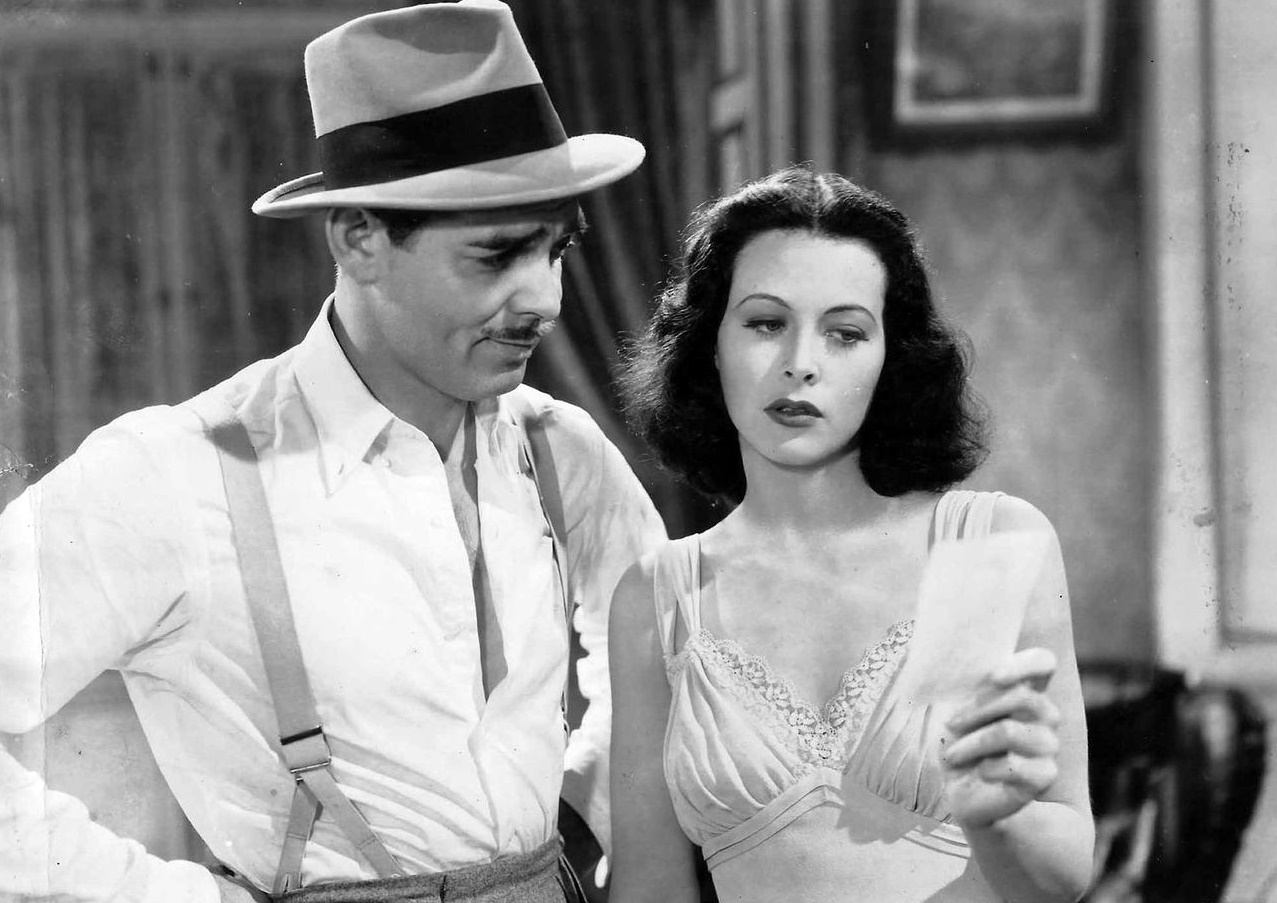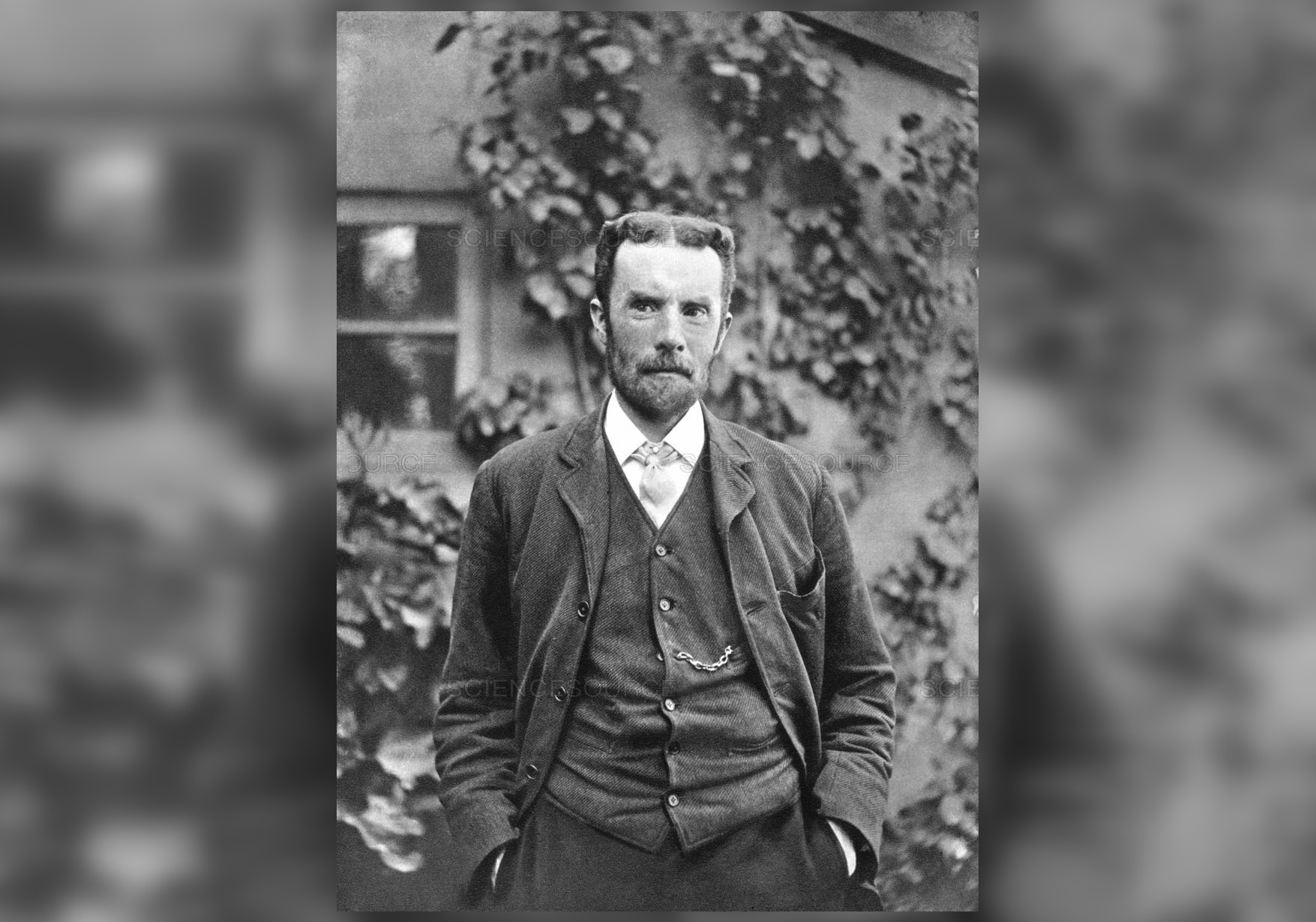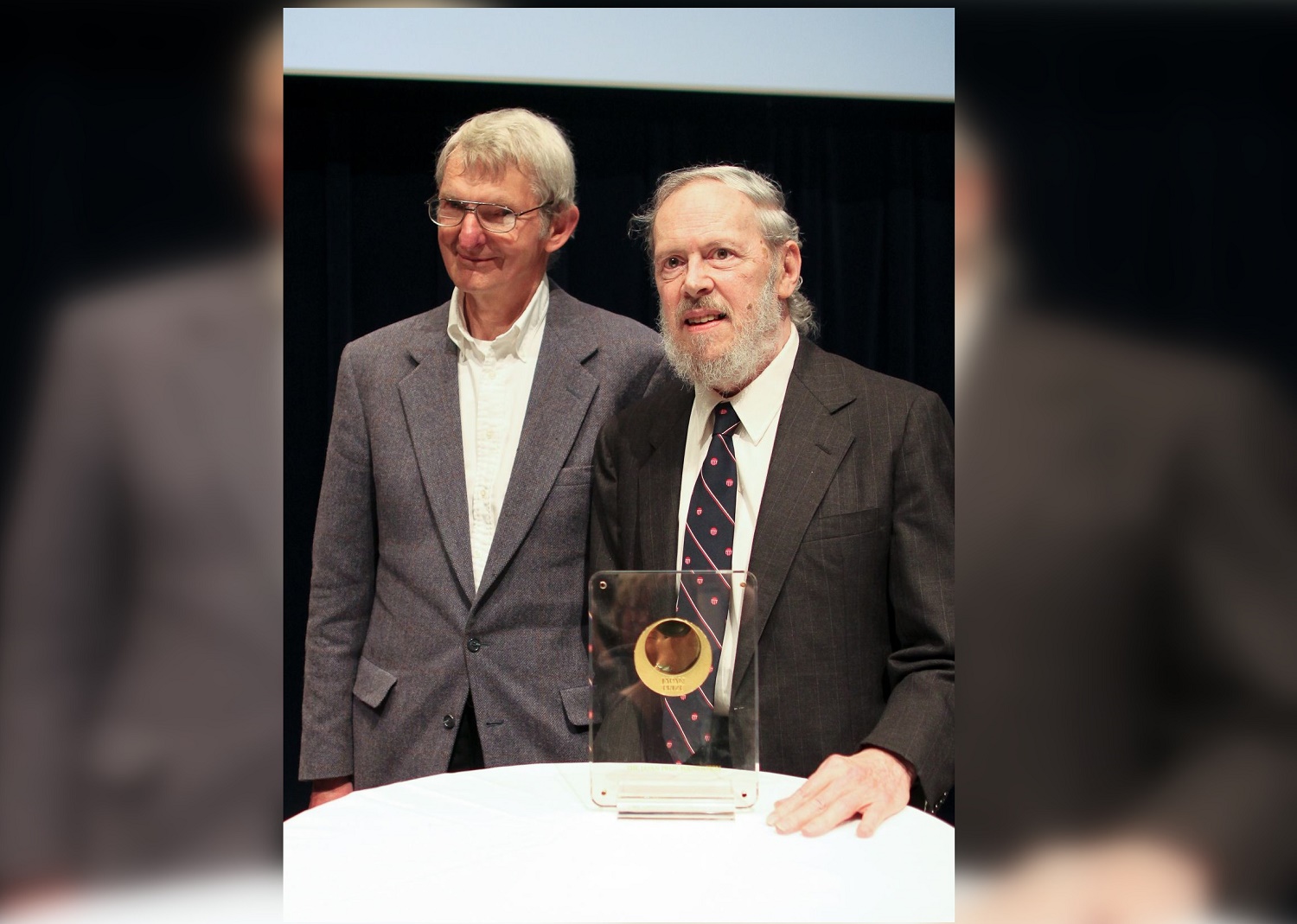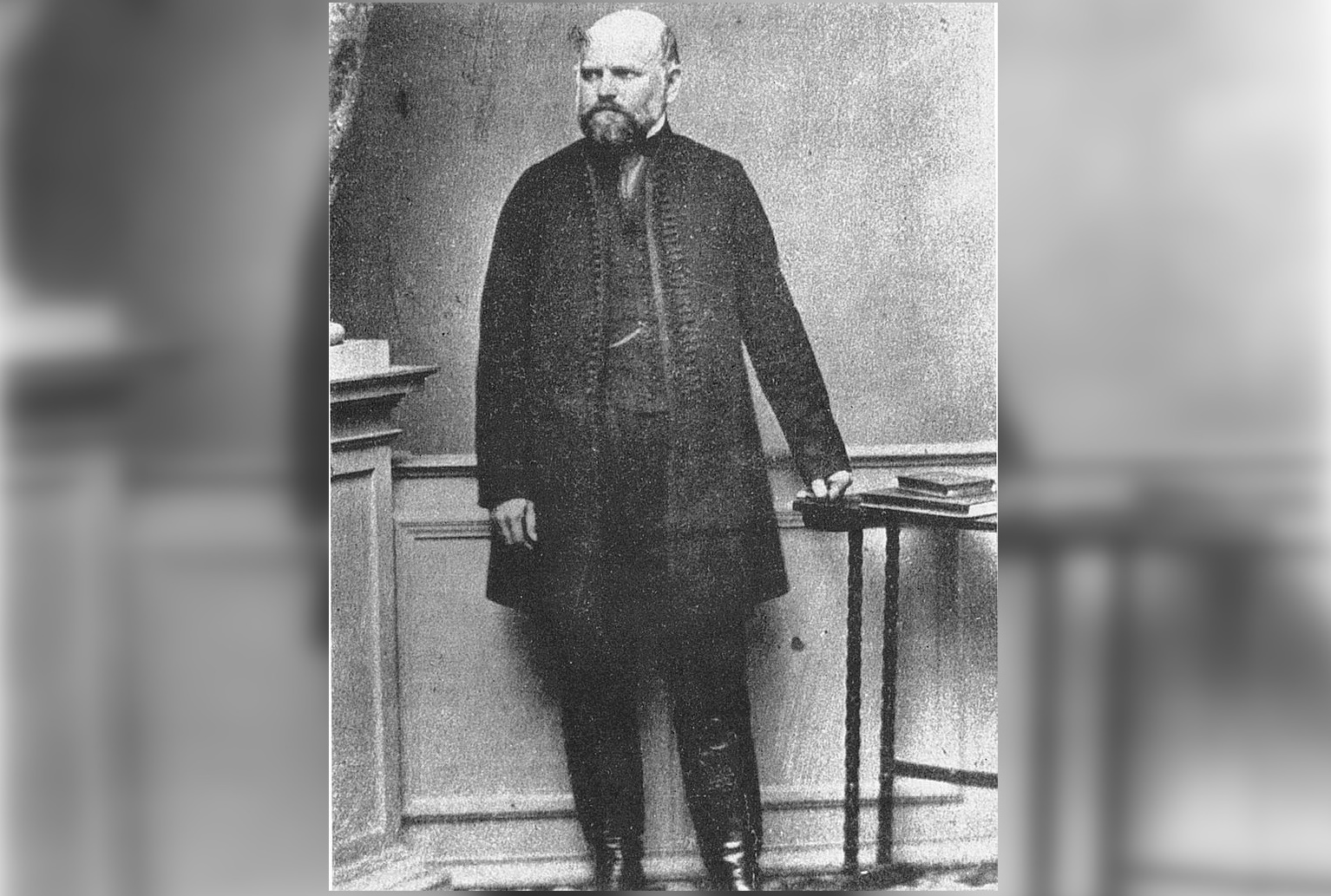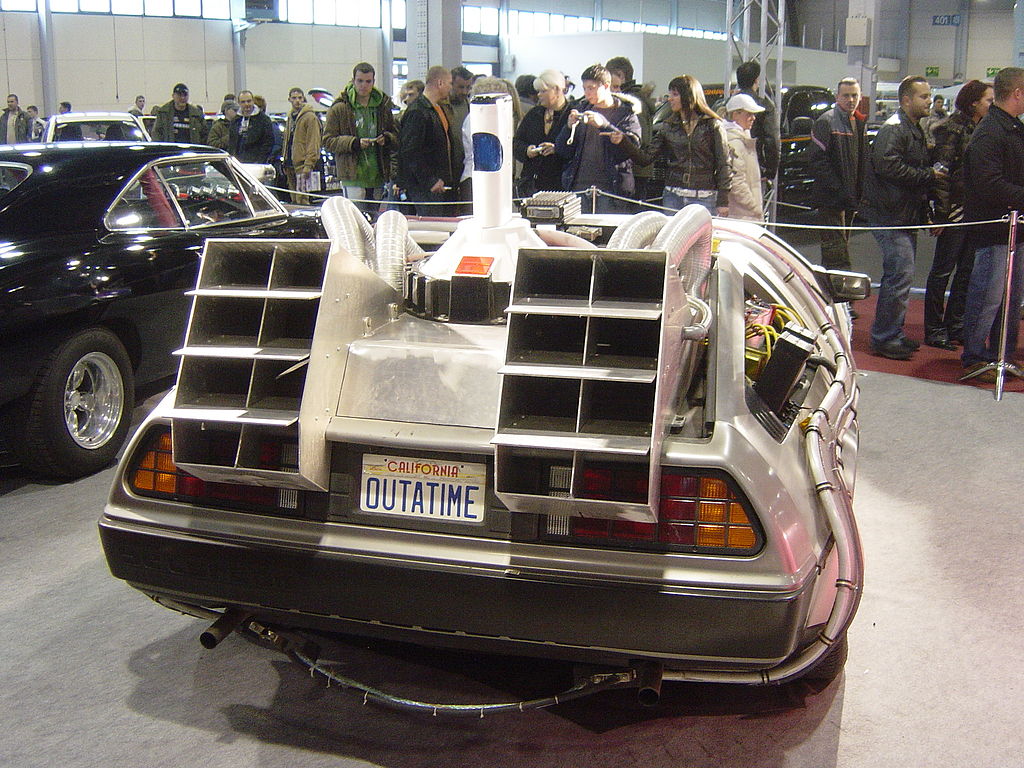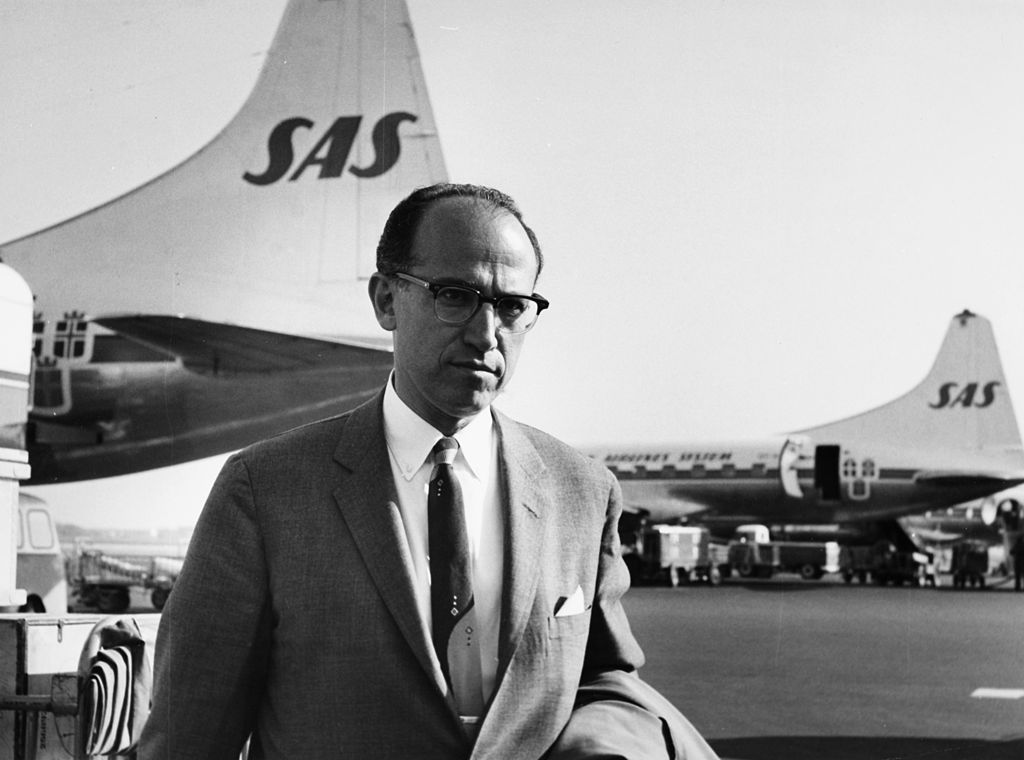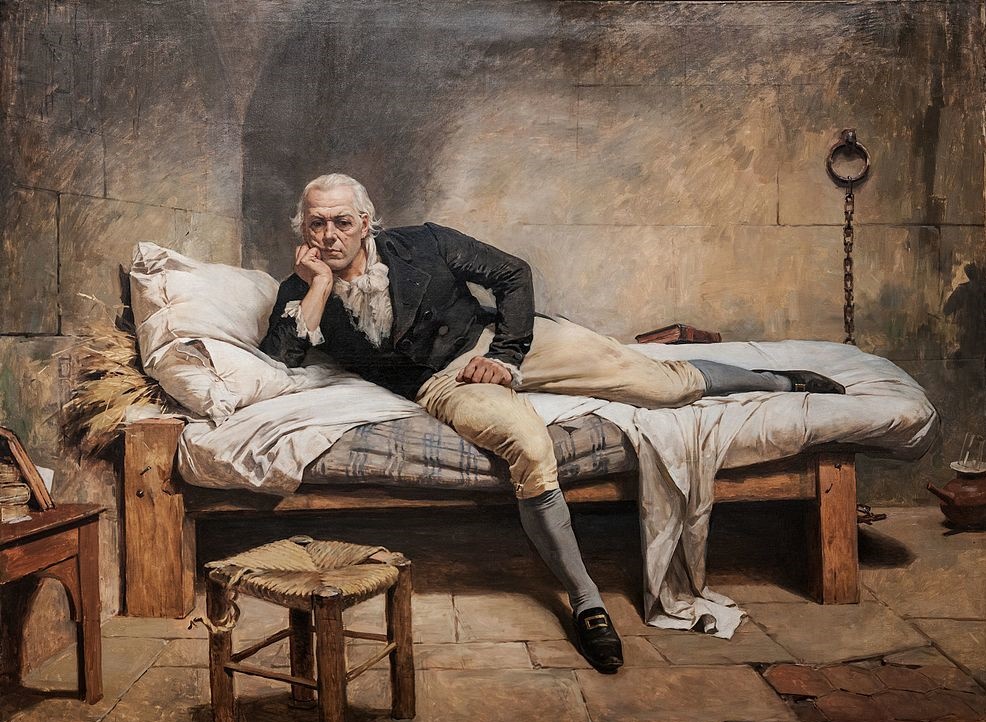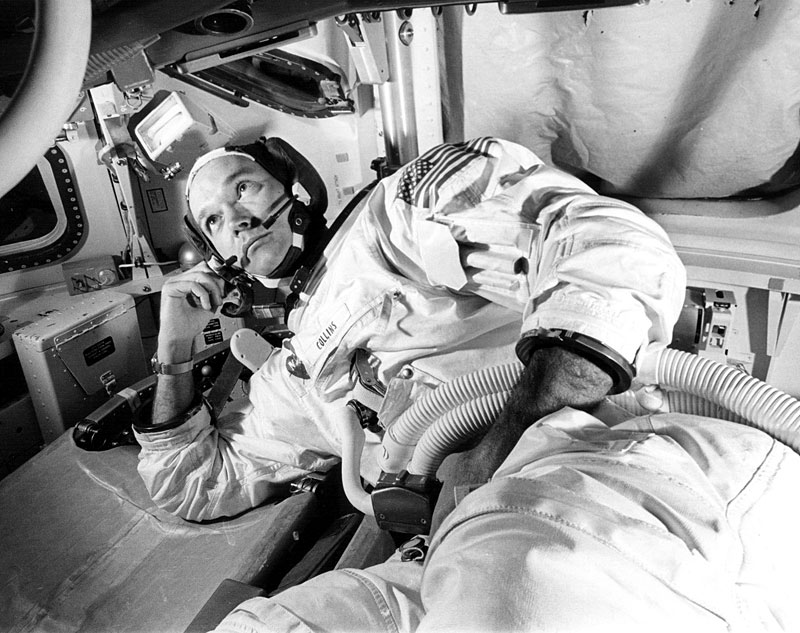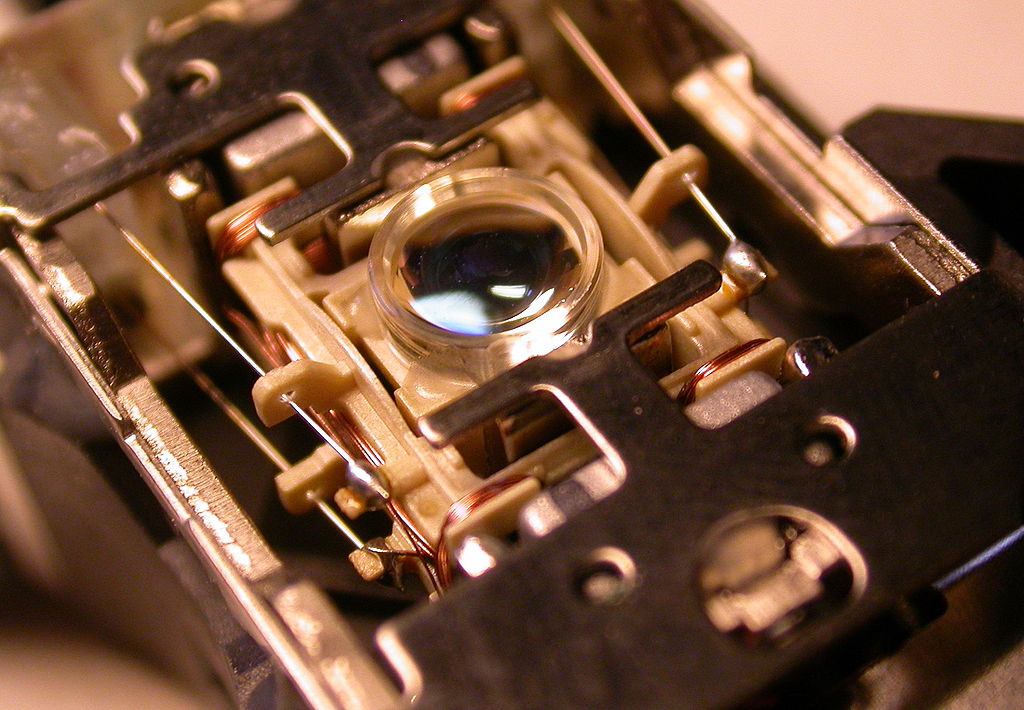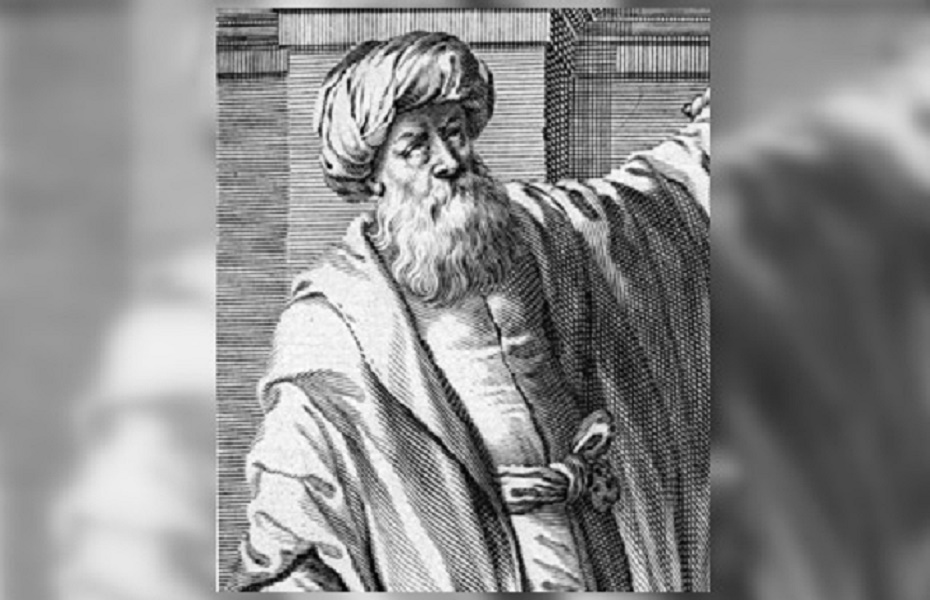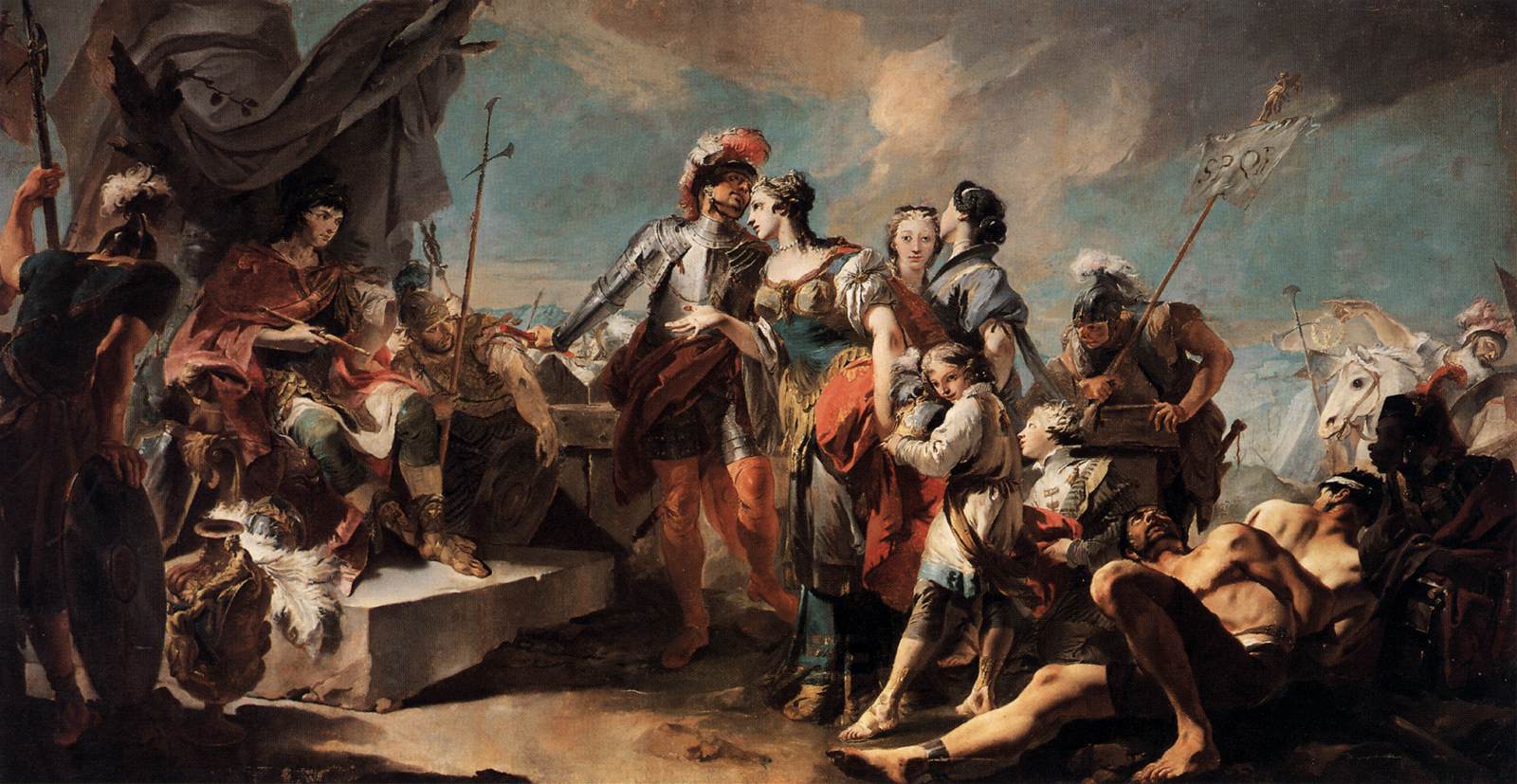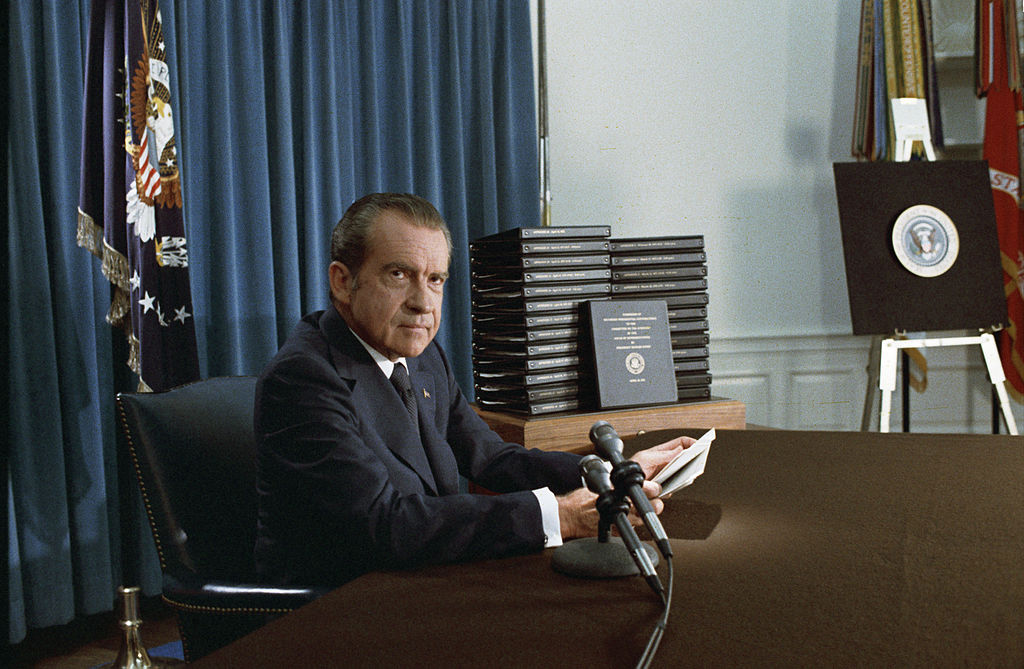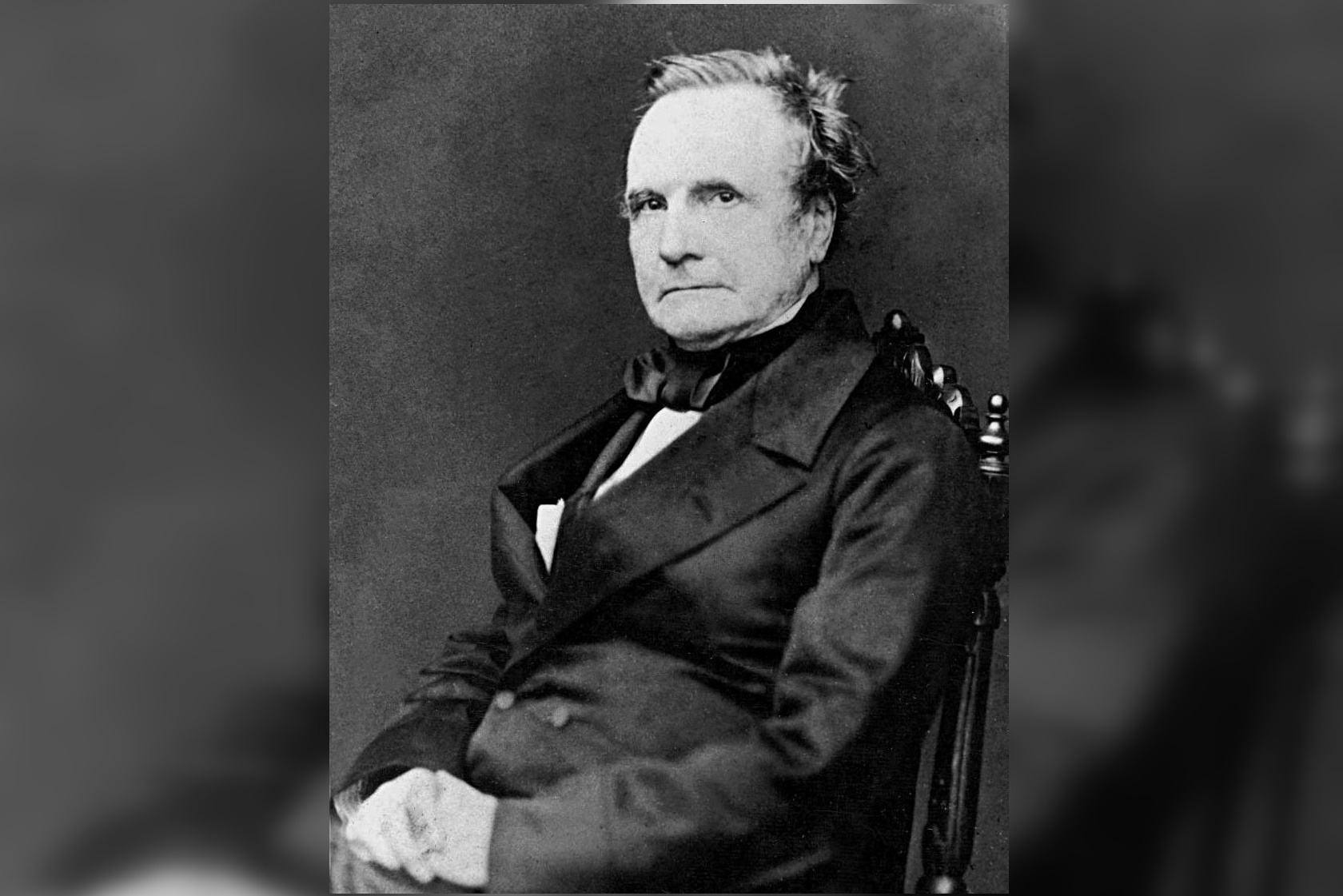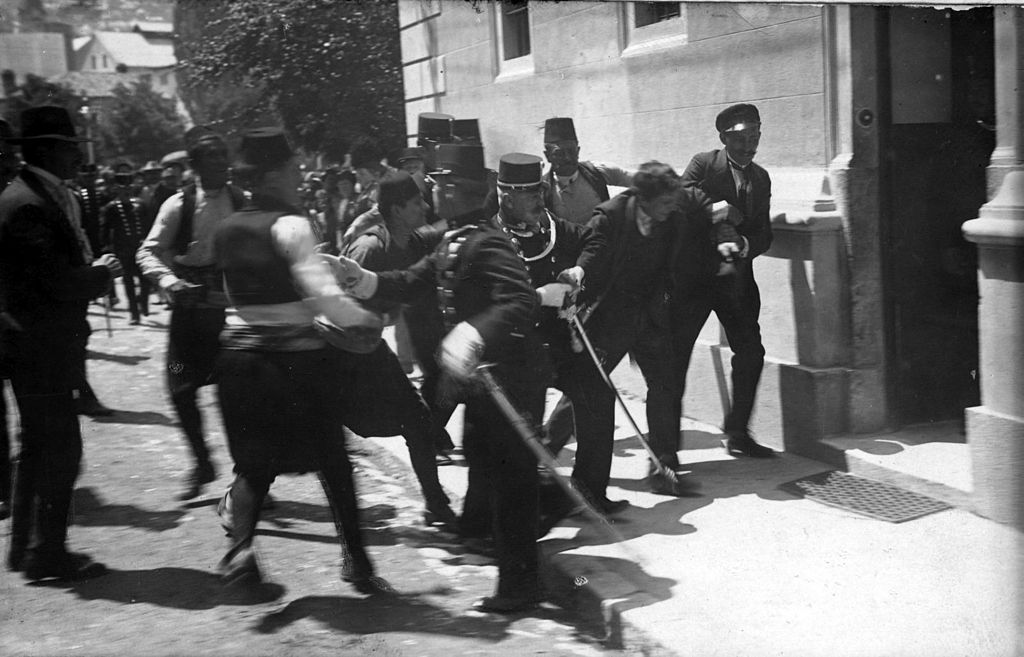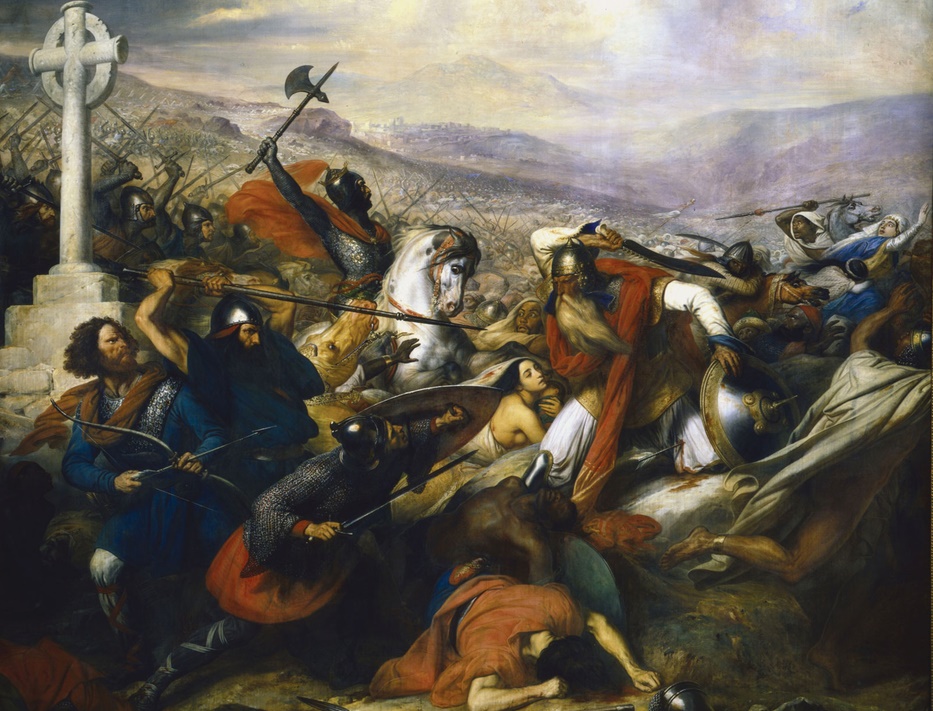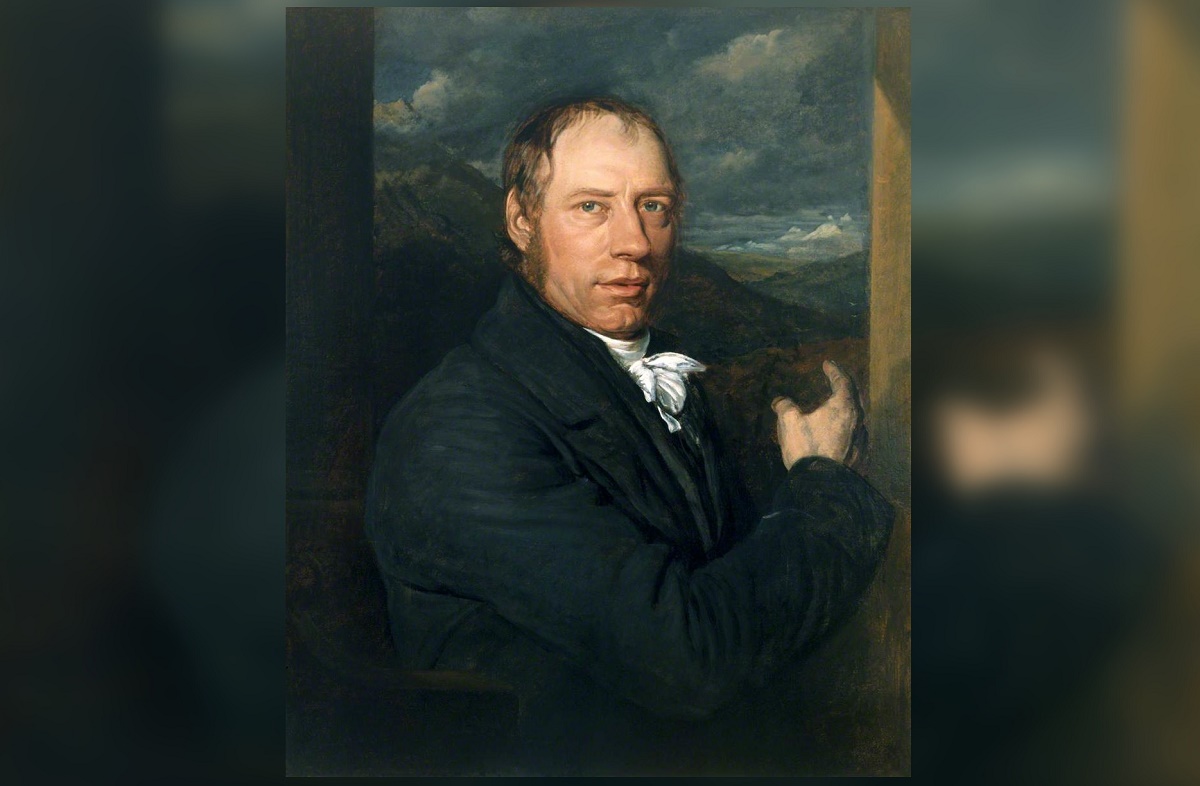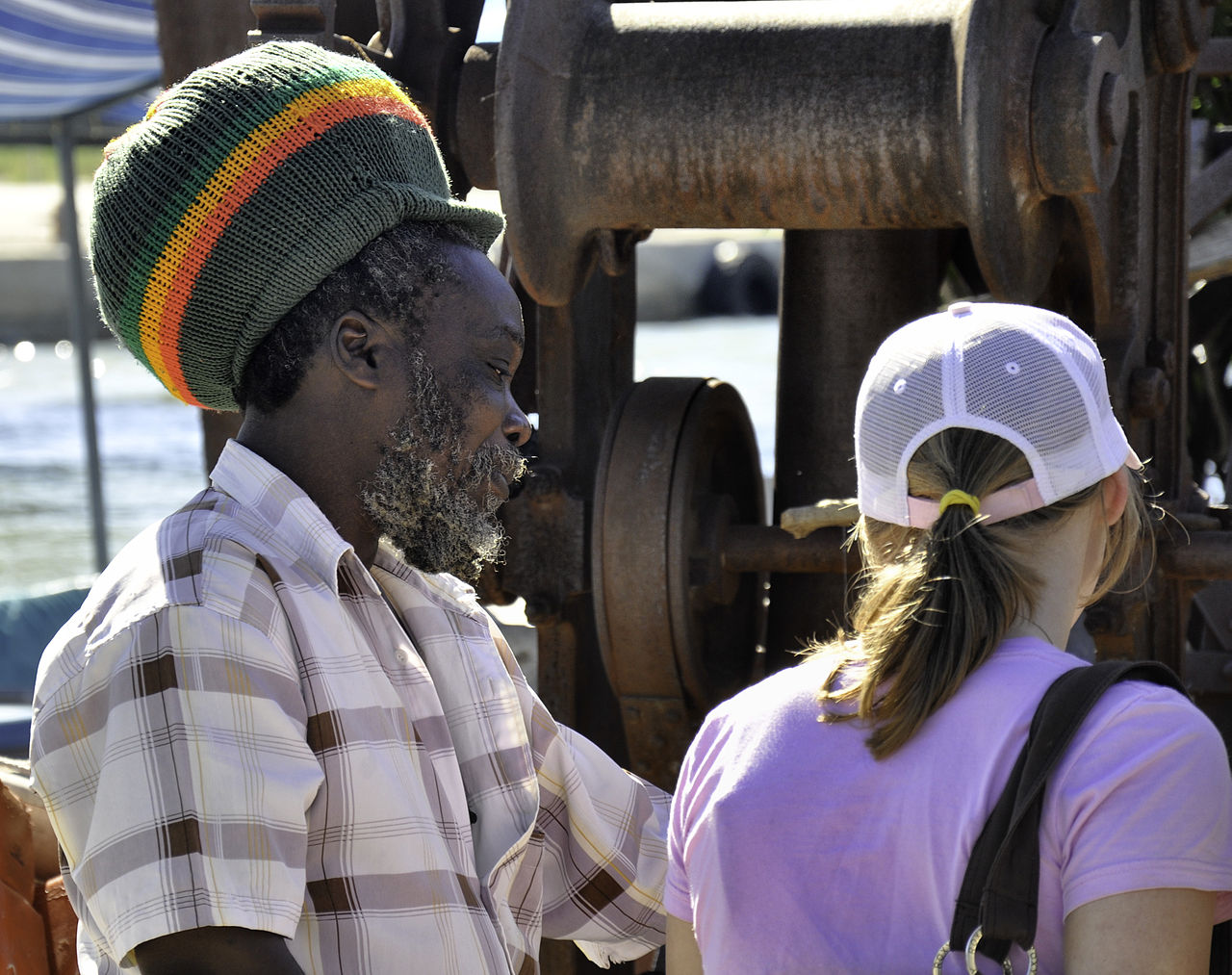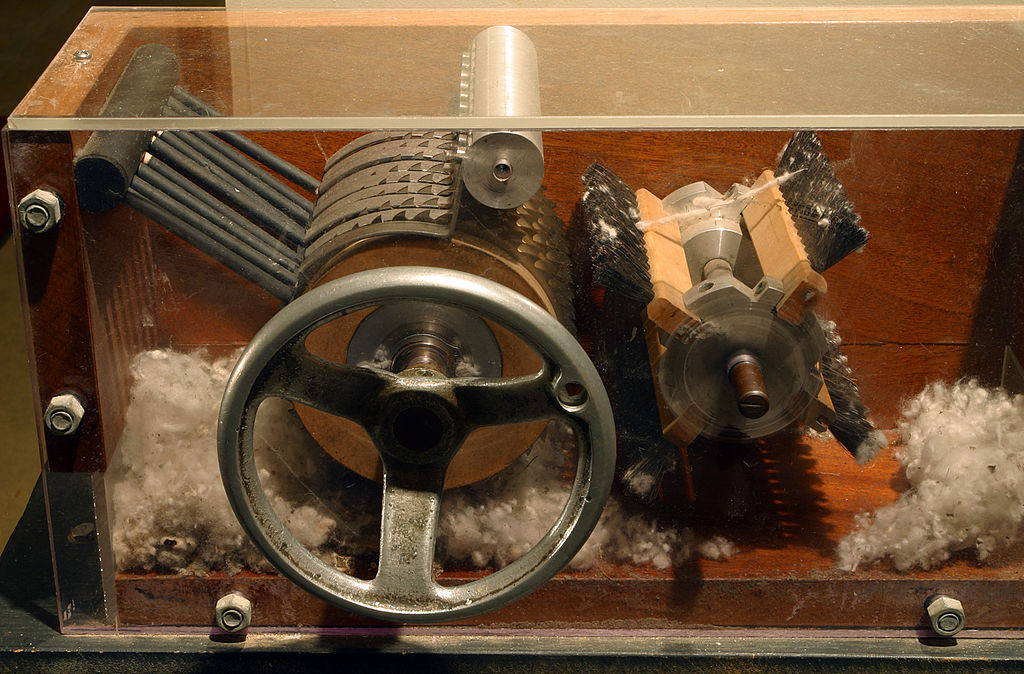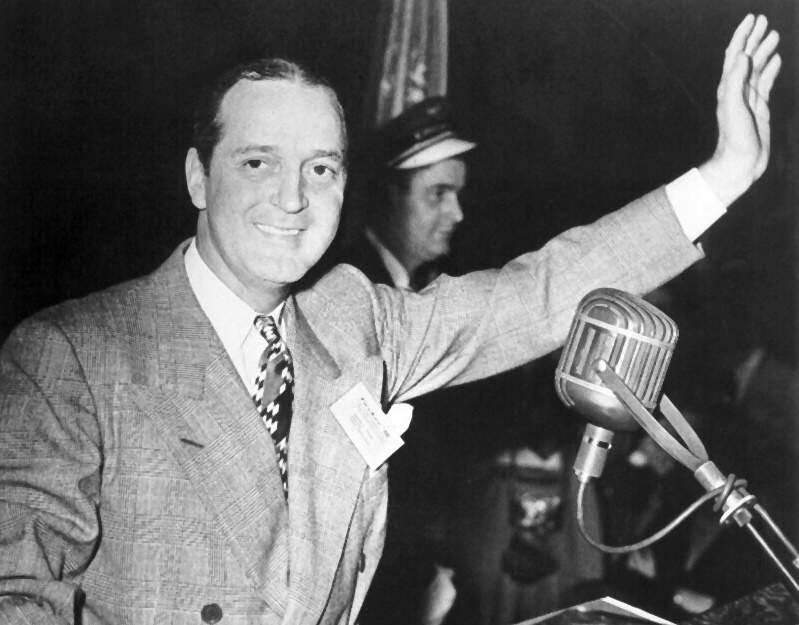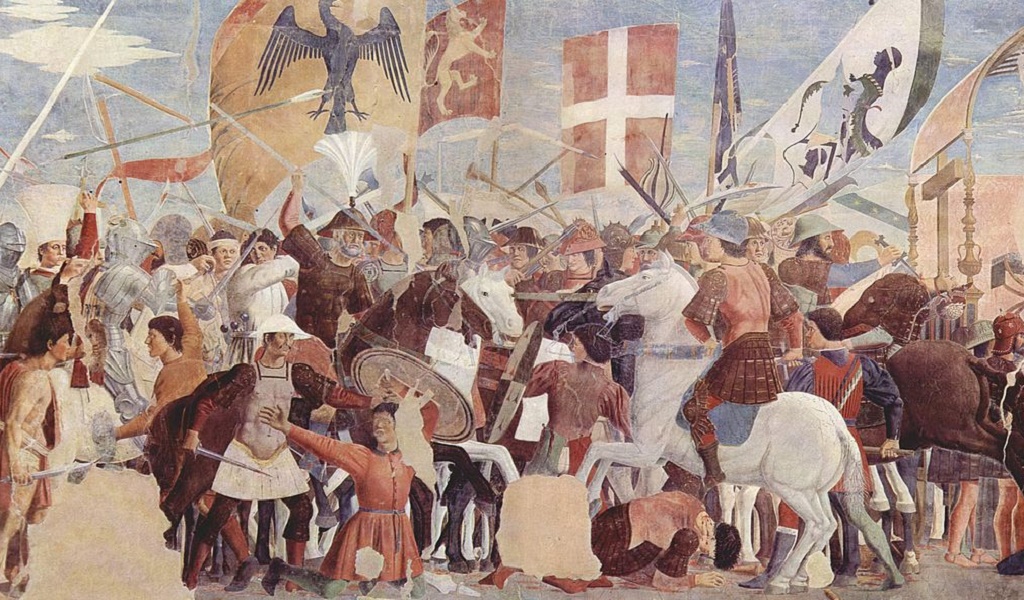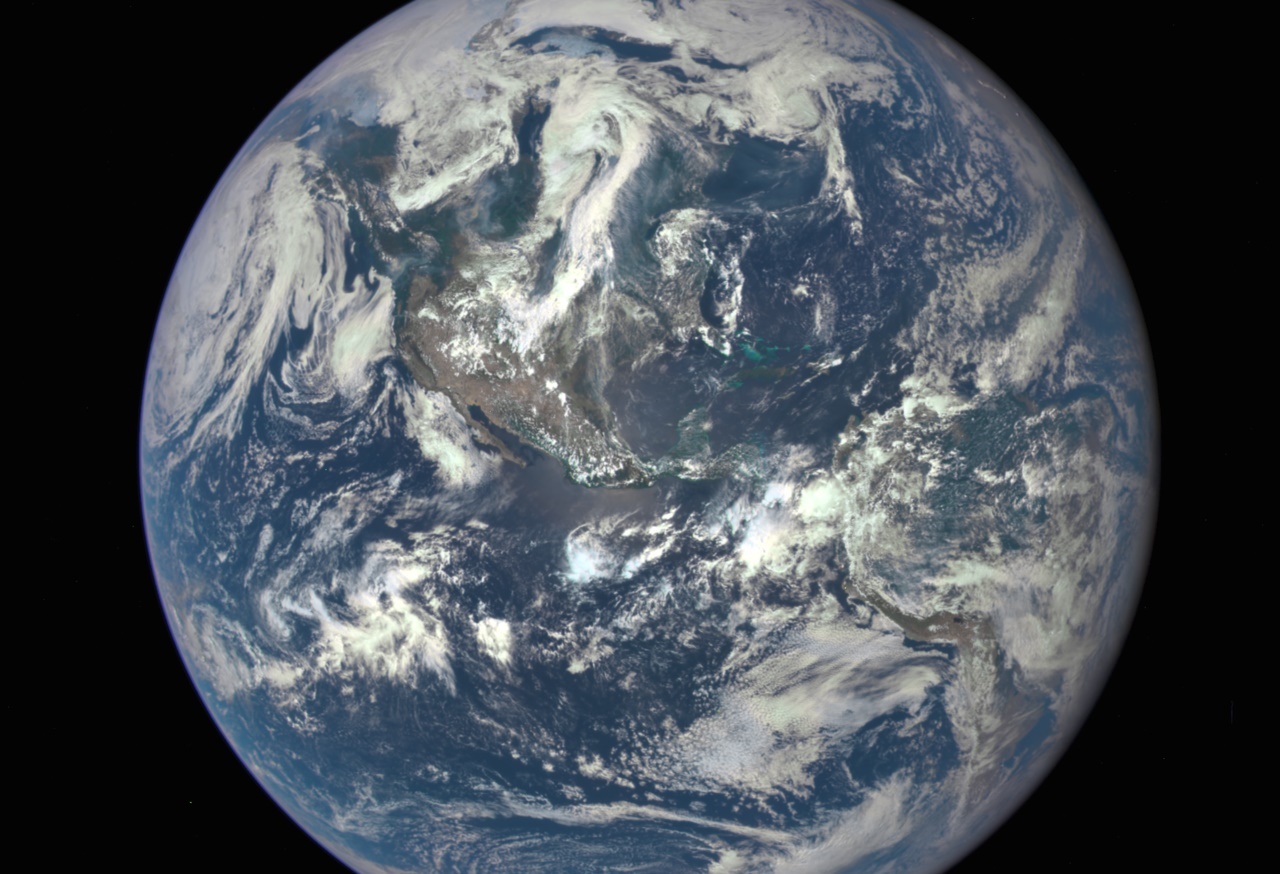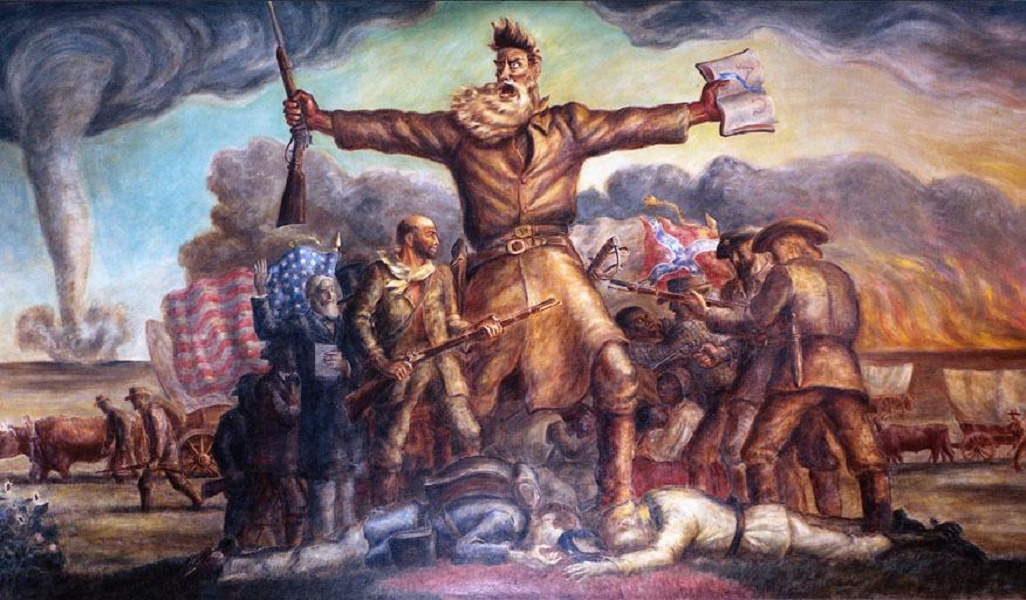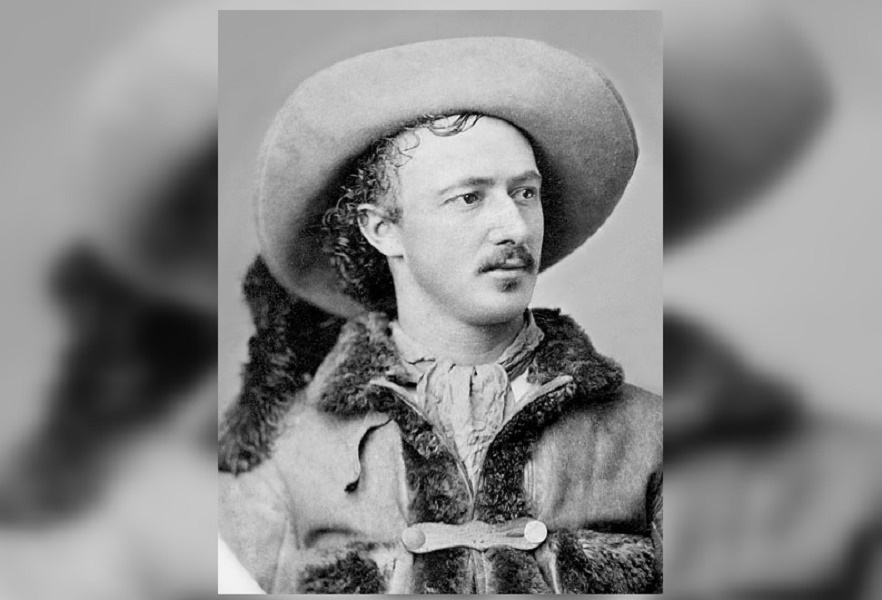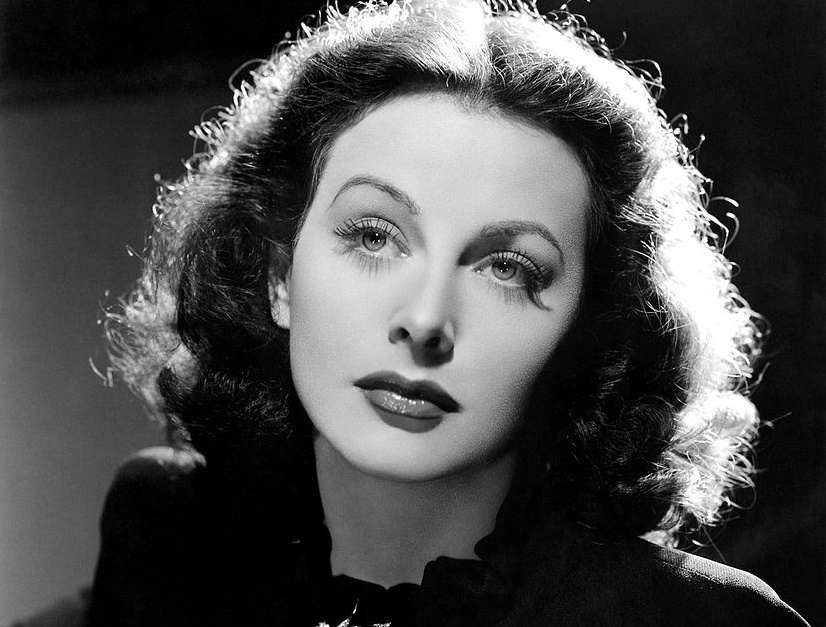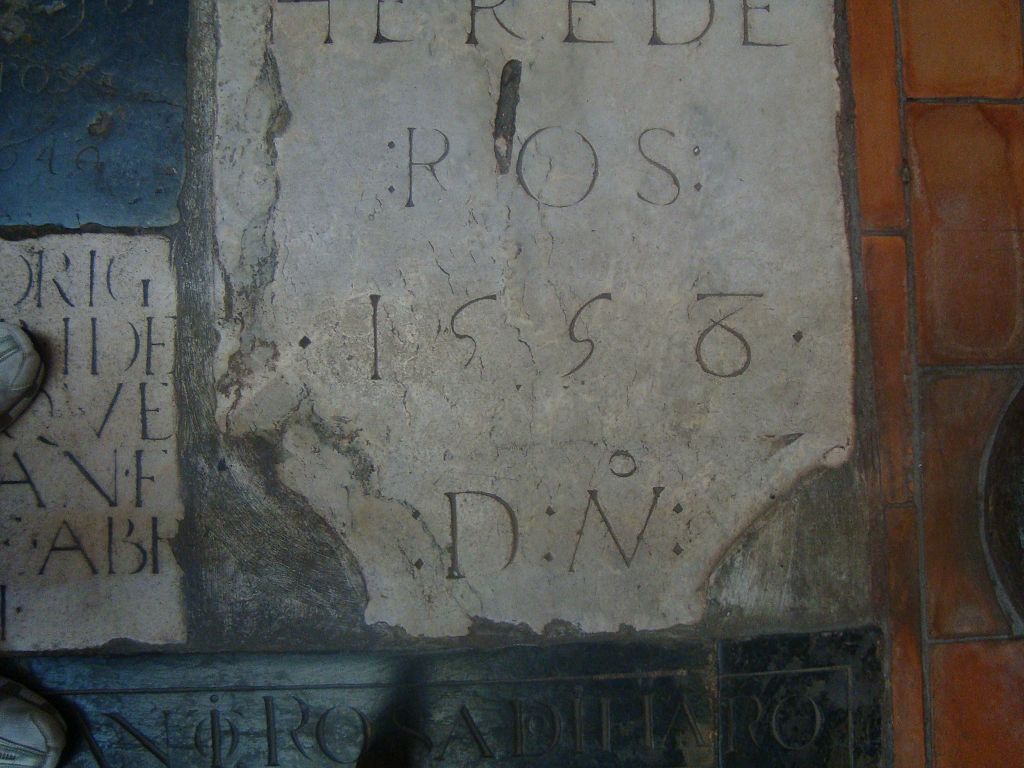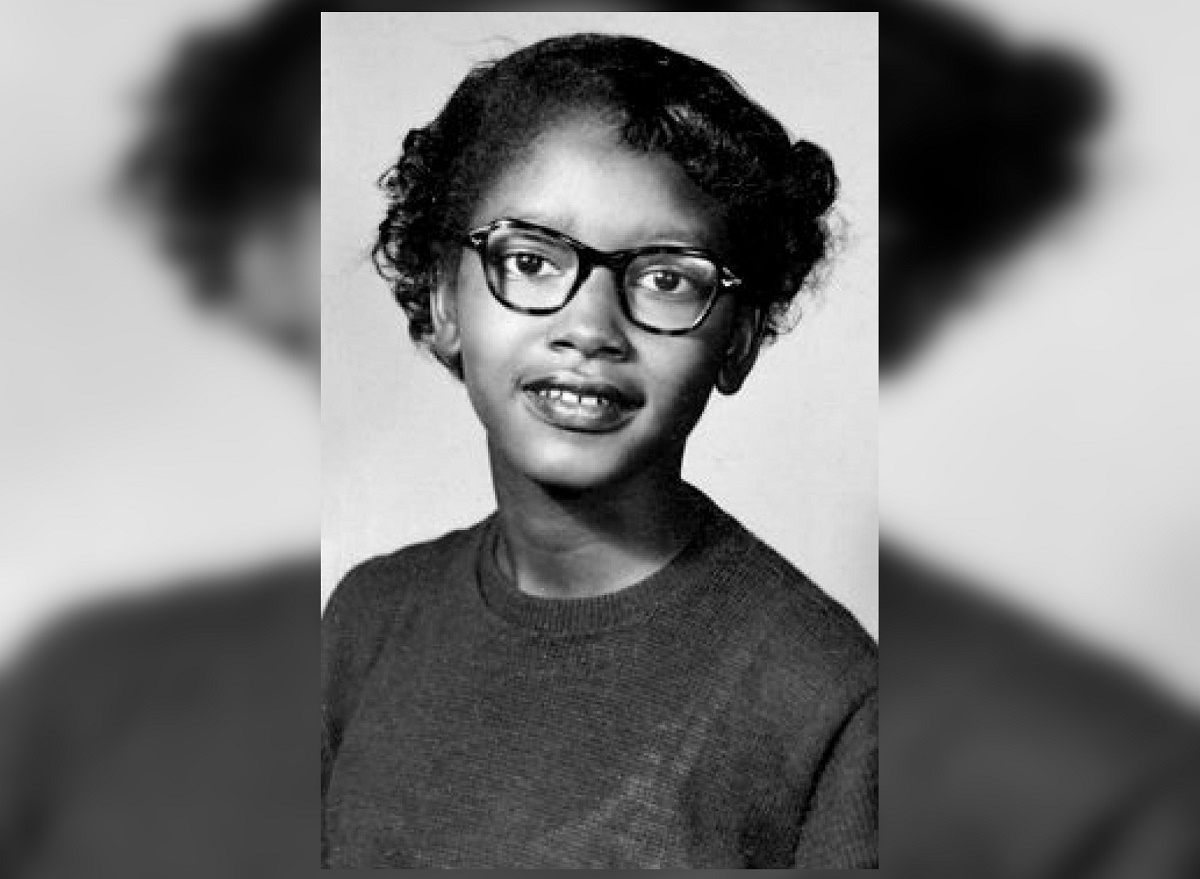Many iconic people throughout history have been ingrained in our memories forever. Unfortunately, a few impactful individuals still fell through the cracks of memory. While everyone praises Rosa Parks' efforts in the Civil Rights movement, not everyone has heard of Claudette Colvin. Before the legendary speeches of Martin Luther King Jr., there was Jamaican-born Marcus Garvey. These are the names of thirty-five overlooked individuals who should have the same respect as other beloved legends.
35. You Do The Math
Maxwell's equations as we use them now were not made by James Maxwell, they were made by the brilliant physicist Oliver Heaviside, whose inventions and theoretical work essentially invented this electronic world we live in. He was also involved in the creation of digital functions and how math works with them, using a thing called Heaviside functions.
34. C You Later
Dennis Ritchie
He created the popular C programming language that is still used. Other popular languages like C++, Perl, and Java have taken influence from C.
He also created UNIX that has been used in many high power applications like research and computer animation. UNIX has also been the basis for Linux, which is used worldwide in servers, supercomputers, phones, PCs, weapons, potato cookers, and medical devices.
Funny thing is that he passed away around the same time as Steve Jobs but no one noticed even though many Apple products use UNIX as a basis.
33. Wash Your Hands!
Ignaz Semmelweiss. Years before Lister and Pasteur proved and popularized Germ Theory, he reduced the deaths of mothers and babies in the maternity ward from 12.24% to 2.38% by instituting a very unpopular hand washing policy and forcing the doctors and staff to follow it. Before then, it was the fashion for doctors to wipe their hands on their coattails after performing surgeries and autopsies. The gore was a badge of honor for those who had graduated medical school. They would then examine their patients without washing their hands, or after a cursory rinse. Women gave birth on the same sheets as the half-dozen women before them, and spent their time in a musty basement room. Semmelweiss had to fight every step of the way to get the hand washing basins installed, make sure that the staff washed their hands, and that the linens and rooms were cleaned daily. He passed away in his early 40's in a mental institution, after battling the guilt-fuelled depression caused by knowing he had contributed to the demise of hundreds of mothers and babies.
32. Ahead Of The Pack
Edward Page Mitchell. He worked for The Sun in NYC as an editor and short story writer, but his name was never attached to any of the short stories he wrote. He may be one of the most influential sci-fi authors of all time.
He wrote "The Crystal Man" about a man who turned himself invisible in 1881, before H.G. Wells' 1897 "The Invisible Man".
He wrote "The Clock That Went Backward," which may be the first ever use of a time-travel machine in fiction, in 1881, before Wells' 1895 "The Time Machine."
He wrote about faster-than-light travel ("The Tachypomp") in 1874, Star Trek-style teleportation ("The Man Without A Body") and mind transfer ("Exchanging Their Souls") in 1877, and artificial intelligence and cyborgs ("The Ablest Man in the World") in 1879.
31. Salk Is For The Children
Jonas Salk, he would be well known to anyone alive in the mid-50's in the US but in this day and age, very few remember him. He was incredibly well-known in his life after the development of the Polio vaccine, but Salk himself disliked this newfound celebrity status and wanted to be just another scientist.
He led the charge in creating the world's first successful Polio vaccine. Before then, over 50,000 children would catch Polio a year, over 20,000 left with some degree of lingering paralysis for the rest of their lives and over 3,000 dying... in the US alone. Children could end up in crutches, in a wheelchair or with an iron lung. Some would recover but many did not. The disease back then seemed random, sometimes the numbers would be staggeringly low, other years high. It would hit everywhere, sometimes only some areas, it affected the poor and the rich without discrimination.
And... one day, after a large scale placebo-controlled test was conducted (one in which he and his children took part in) and the results tallied, that fear that your children could randomly become disabled or just simply pass away, that fear lifted. Quite possibly the world's single largest vaccination effort took place. People arranged free rides to children to get vaccinated; that's how big of a thing it was. Jubilation was seen in not just the US, but in the Commonwealth nations and in Europe.
30. Preventing A Change Of Scenery
Francisco de Miranda, the ultimate revolutionary during the colonial era. The guy fought in the American and French revolutions, and he started the organization that made Simon Bolivar and San Martin. He basically was credited by General Don Bartolome Mitre (Second President of Argentina) as being the guy who created the sparks that ended in the entire South American continent in rebellion.
Without him, the world would physically look a lot different. The countries on the map for an entire continent might look different. South America would be a very different place had he not existed.
29. That Other Guy On The Moon
Michael Collins, the third astronaut on the team with Neil Armstrong and Buzz Aldrin. He had to live through several hours of orbit of the moon alone, out of contact with the rest of his team and earth. He was the first human to be so utterly isolated from the rest of humanity, that it was physically impossible to get within 10,000 kilometers of any other human at all.
28. A Real Life Superman
Stanislav Petrov. He was Russian soldier put in charge, for one day, of watching the nuclear weapons readings. It showed US missiles headed for Russia, and his orders were to fire back if he saw something like this. He disobeyed. Turned out it was a glitch in the system. He prevented nuclear war. We probably wouldn't be here if he hadn't done what he did. There's a reason he's known as the man who saved the world.
27. Pick A Card, Any Card
Dai Vernon, essentially the father of modern card magic (card tricks). He invented incredible moves and tricks and redefined what it means to be an expert magician, or an expert in the field of anything really. These days, modern magic is very fast moving and forgetful of the "good stuff". This means there is TONS of incredible new material, but it also means that a legend will eventually fade into the background, even though his legacy will be used in practice for centuries.
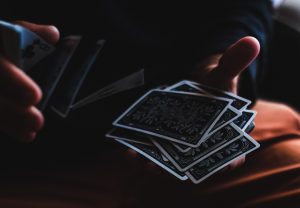 Photo by Sergi Viladesau on Unsplash
Photo by Sergi Viladesau on Unsplash
26. Before The Rise Of Cryptocurrency, There Was Cryptography
Ron Rivest, Adi Shamir, and Leonard Adleman were the inventors of the RSA cryptographic system. This was an incredibly important invention because it was the first practical implementation of public key cryptography (at least for civilian use). It's pretty much the entire reason we can do things like send emails, use online banking and just about anything else you do on the web and not have to worry about your message getting intercepted by someone other than intelligence agencies.
25. Plastic NOT Paper
I've got a good one: Harold Hopkins. He did a ton of work in light and lasers and fiber optics and so on, but probably his most important contribution toward consumer devices is that he proved that a cheap plastic prism could do work as a complex array of lenses. This prism could be mass-produced on the cheap and was very small. Without it, optical disks would never have taken off because the lens array would have been a) huge and b) expensive, making the drives huge and expensive.
24. Saving Food Forever
John Landis Mason. He invented the Mason jar. Before he invented the rubber seal, home preserves were sealed with wax, which cracked and were unreliable. Contaminated preserves could kill you. Canning was possible, but involved expensive heavy equipment. The reliability and reusability of mason jars gained peoples trust and for the first time. Anyone could save foods and ship them long distances and eat things out of season. It allowed farmers to sell their entire crop, not just the stuff they could sell before it spoiled. Food became a lot more affordable. Some poor peasant in England could eat peach preserves from Georgia. I know we think of preserved foods as unhealthy but when they first hit the scene in a big way, it vastly improved most peoples diets and nutrition. Cheaper preserved food made long voyages cheaper too, with fewer stops. Traveling became easier and more accessible. The entire world changed very directly from this invention. John Mason sold the patent for a ridiculously low sum and never invented anything else of note. He passed away broke.
23. Method To My Madness
Alhazen.
Known as Ptolemy II in Europe during the Renaissance and the smartest man to have lived before Newton came along, he was the founder of geometric optics and used his discovery to estimate the height of Earth's atmosphere. He discovered that white light was composed of seven colors half a millennium before Newton did, and he was one of the first analytical geometers. His greatest achievement of them all: he was the founder of the scientific method that convinced the world to move on from Greek philosophy to embrace science based on experiment.
22. Sorry, You're Not A Winner
Lise Meitner. She was the one that brought the insights that made Nuclear Fission possible (aka the Atom Bomb).
She never got the Nobel prize for it. They discuss whether it was because she was a woman, Jewish or both.
21. Prolonging The Inevitable
Emperor Aurelian. He ruled for five years, and probably extended the life of the Roman Empire by about 200 more. When he took over in 270 A.D., Rome was fighting civil wars in every single one of its territories. There was an army of Goths invading Italy; the Gauls had risen up and taken massive swaths of Europe with them, as had the Palymerenes in the Middle East.
In the five years he reigned, he put down every single revolt, reconquered Gaul, Britain, Anatolia, Egypt, and Palestine, put down a major rebellion in Rome itself that would've ended the Empire right there, and reformed the monetary system. In his reign, he was given the title Restitutor Orbis—the Restorer of the World.
Without him, the Dark Ages would have come much sooner, and would probably have been much, much worse.
20. Triggering Nixon's Downfall
Frank Wills, the security guard who alerted the police to the break-in at the Watergate Hotel. He was just doing his job and ended up launching the investigation that would eventually bring down the President of the United States.
19. No Baggage From Babbage
Charles Babbage was an English mathematician and inventor who created several mechanical computers in the mid 19th century. His concepts and these proto-computers laid the foundation for the computing revolution in the 20th century. Alan Turing is now often thought of as the father of the computer, but it would be hard for Turing to do what he did if it weren't for Babbage.
18. Smells Like Teen Spirit
Gavrilo Pincip. His story just boggles my mind. First, he and his group threw an explosive on a car in an attempt to assassinate Franz Ferdinand, but it rolled off and he sped away. Their attempt had failed, but because Franz's driver happened to make a wrong turn, Princip was there to finish him off. This, in turn, set off the domino effect of the alliances at the time and World War I happened. That created the conditions for World War II which created the conditions for the Cold War which caused Korea and Vietnam as well as U.S. involvement in the Middle East later on and then that in turn caused (or helped cause) 9/11 which started the war on terror and here we are today with ISIS, Hezbollah, the Taliban etc.
There so much of today's world that was essentially started by some teen who was angry at another country for running his country so he killed a guy who wasn't even on the throne, just next in line. Not only that, the car wasn't even supposed to be around Princip, the driver just happened to make a wrong turn! When I first realized this in history class I was legitimately stunned the entire rest of the day.
17. Battle For The West
Charles Martel.
Ask most people why the Crusades were fought and you'll get what they've been fed:
"It was so the Europeans could invade (the holy land) and conquer it."
While that is sort of true for the later crusades, most people forget that the Muslims were 50 miles outside of Paris in the 9th century.
Frenchman Charles Martel led the battle against the armies and likely saved Western Civilization from the Middle East and Northern Africa.
16. A Ticket To Ride
I'm going to say Richard Trevithick. He was the first person to make a working steam locomotive which ran on rails and made great advances with the use of high-pressure steam. If he hadn't constructed his early locomotives which were sold to collieries in the North East of England, then George Stephenson wouldn't have got involved with railways and that means no Liverpool to Manchester line, which essentially means the Industrial Revolution stalls and we're set back decades. Yup.
15. Forcing Him In The Dark
How can nobody remember Marcus Garvey! Probably the most influential person ever in the history of civil rights. Rastafarianism exists because of him. Mandela, MLK, Malcolm X, etc., all came because of him and he was much more influential and active than all of them. He caused major struggles and political movements (and a religion) in huge portions of the developed world.
14. It's Time To Pray
Pseudo-Dionysius the Areopagite.
He is essentially the father of modern Eastern Christian mysticism (as influenced by Neoplatonism) and was a strong influence on Gregory Palamas—a man whose theology (namely, the essence-energies distinction and Hesychasm) would further the divide between Eastern and Western Christianity for centuries to come.
He's called "Psuedo-Dionysius" because people assumed that he was the real St. Dionysius (the convert) until relatively recently. In reality, Psuedo-Denys was a Syriac from around the 5th century.
You usually only find mention of him on random esoteric sites, even though his worldview and synthesis of Christianity and Neoplatonism markedly changed the theology of Eastern Christianity up to the present. One need only look at theologians like Vladimir Lossky to see the effect that Psuedo-Denys has had. A remarkable individual worthy of some admiration, if only for his creativity.
13. Creating Disposable Consumer Culture
King C. Gillette.
He invented the throw-away consumer culture we enjoy today. When the used product was recognized as dangerous, the solution was to hide them in the walls of the residences for the next generations to deal with.
12. Three Strikes, You're Out
Marvin Miller.
He was the man that started up the first major league baseball players union which in turn shaped the way every major American sport is set up regarding free agency and collective bargaining.
Such an impact on baseball or any sport would easily get a man in their respective hall of fame, but as you can imagine, the MLB owners did not like him much and he was painted in a dark light most of his career.
11. Cotton Eye Eli
Eli Whitney invented the cotton gin. It transformed agriculture in the southern U.S. and launched them into the upper tier of global economic powers. This was vital to the growth of a very young nation. In addition, it greatly accelerated the importation of African slaves to the U.S. (they had largely been going to the Caribbean at that point) which is still shaping major social issues in the country today.
10. Saving Our Windshields From Disaster
Robert Kearns, the inventor and patent holder of the Intermittent Wiper. He ended up having to defend against patent infringement by Ford and Chrysler who ended up installing intermittent wipers onto their vehicles without a license.
9. Making Your Ride Safe
Preston Tucker was the first person to manufacture automobiles with Disc brakes, shatterproof glass, a collapsible steering wheel, padded dashboards, and other safety features. He was a true visionary who was shut down by bigger auto companies that were scared of him taking their business away.
8. Extending Their Time
Leo the Third. He was the Byzantine emperor during the Arab siege of Constantinople, and he responded to it extremely well. Without his crafty diplomacy and very good timing, the Byzantine Empire could have fallen 700 years earlier than it did, and with it much of eastern Europe (and possibly more). The disaster he inflicted upon the Arabs essentially secured the protection of Europe from Islam on the eastern border for the better part of 1000 years.
7. Face-Off With Big Business
Clair Patterson.
He came across lead contamination in the modern world during his graduate work, and after years of campaigning finally did succeed in proving it was harmful and it was removed from gasoline and food cans. This work was often at a great personal cost because it led to him being denied a lot of contacts—lead was a big business, and the higher-ups were influential.
Oh, and he also found the age of the Earth as a side project.
6. What's So Civil About War Anyway?
John Brown.
He hated slavery like people hate anal warts and he was truly crazy, but extremely passionate about ending the ownership of slaves. His death is said to have been the final act that moved our nation into a civil war and it is also said he motivated the North to end slavery in the South.
Without John Brown we might not have had a Civil war. Whether that is good or not, I am not sure.
5. Reach For The Sky
In a small way, a man named Texas Jack Omohundro. A real-life cowboy, hunter, and frontier scout, he went on the stage with Buffalo Bill Cody in 1872. He was the first person to do a lasso act on stage, and one of the first to incorporate a live horse into his stage show. What many people think of when they imagine a western hero (wide-brimmed hat, lasso, rifle, and six-shooter) is because of Texas Jack. He died in 1880 at the age of 33 of a combination of different substances and pneumonia in Leadville, Colorado.
4. A Blunt Disaster
John Blunt. his investment scheme, the South Seas company, was so successful that it rewrote the entire financial destiny for most of England. If someone is going to an English public school today, they likely have an ancestor who got out before the whole thing collapsed.
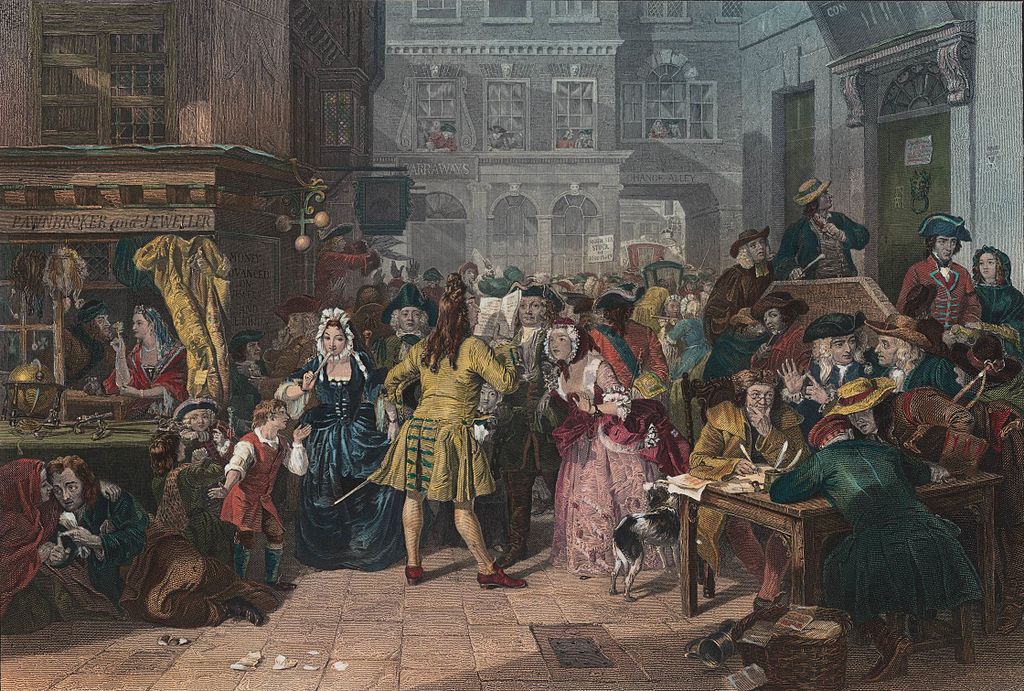
3. Man The Torpedoes!
Hedy Lamarr. Although a famous actress back in the day, she invented a jam-proof radio guidance system for torpedoes. It was technologically difficult to use during World War Two, but later it became an integral part of technology. It's mainly used for WiFi and Bluetooth.
2. Got Your Number
A lot of Middle Eastern mathematicians and scientists from the Islamic Golden Age have been forgotten. During the dark ages, Europe had lost almost all previous knowledge and records, but at the same time in the Arab world, scholars were preserving these texts and doing further studies. Their work has advanced the world forward in many areas of science.
One person specifically is Muhammad ibn Musa al-Khwarizmi who was a Persian mathematician at the time and introduced the modern numbering system to the West. That's why the numeric system is called "Arabic Numbers".
1. Not The Right Face
Claudette Colvin
From Wiki: "Claudette Colvin is a pioneer of the African American Civil Rights Movement. On March 2, 1955, she was the first person arrested for resisting bus segregation in Montgomery, Alabama."
She didn't become famous because she was a pregnant teenager at the time and the civil rights movement didn't want her to be a face of the movement.


